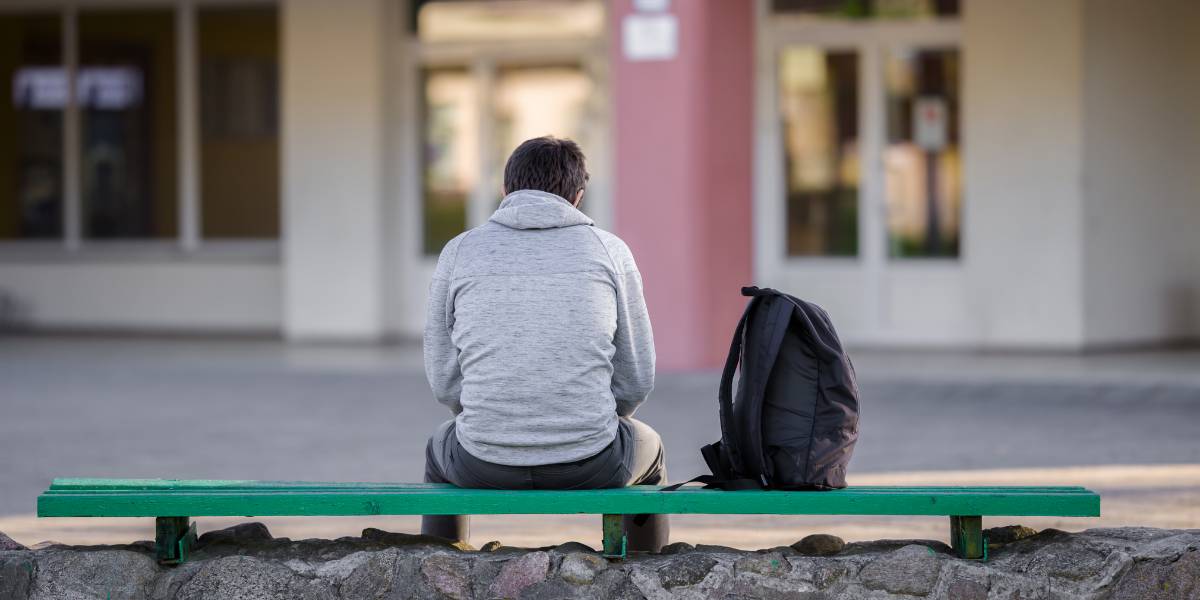People who lose someone close to them age quicker than those who don’t, a new study has found.
Researchers used epigenetic clocks – DNA markers – to measure biological aging, which is the decline in the function of cells, tissues and organs.
They looked at how experiencing the loss of a loved one affects biological aging at different stages of life, and found that the “accumulation of loss”, when you lose more than one person, increases the impact on aging.
Lead author Allison Aiello, professor of health longevity in epidemiology, said: “Few studies have looked at how losing a loved one at different stages of life affects these DNA markers, especially in study samples that represent the U.S. population.
- Managing emotions is key to reducing diabetes distress, experts say
- Eating animal proteins associated with healthy aging in women
- Health complications can be triggered by loneliness, study claims
“Our study shows strong links between losing loved ones across the life course from childhood to adulthood and faster biological aging in the U.S.”
The team’s findings indicate that the effects of loss on biological aging is evident some time before middle age and could also add to the health differences between different racial and ethnic groups.
They took data from a study which started in 1994 and tracked the health of participants from teenage years into adulthood.
The researchers then followed participants throughout certain waves and age periods.
The first, Wave I, looked at 20,745 adolescents aged from 12 to 19 and followed them from then on.
The second wave, Wave V, saw interviews carried out with 12,300 of the original participants between 2016 and 2018. Lastly, participants were invited to give a blood sample, with almost 4,500 providing a sample for DNA testing.
Researchers looked at losses experienced both up to the age of 18 and in adulthood, and the number of losses.
- New model sheds light on influencing loneliness factors
- Loneliness can trigger sugar cravings
- Lonely people shown to process the world in their own way
On average, almost half of the participants lost a loved one between the ages of 33 and 43, with the figure higher for Black and Hispanic participants compared to White participants.
The researchers found that those who experienced the loss of two or more loved ones had older biological ages, and significantly more so than those people who did not experience a loss.
Professor Aiello said: “The connection between losing loved ones and health problems throughout life is well-established. But some stages of life might be more vulnerable to the health risks associated with loss and the accumulation of loss appears to be a significant factor.
“We still don’t fully understand how loss leads to poor health and higher mortality, but biological aging may be one mechanism as suggested in our study.
“Future research should focus on finding ways to reduce disproportionate losses among vulnerable groups. For those who experience loss, providing resources for coping and addressing the trauma is essential.”
Read the study in full in JAMA Network Open.






